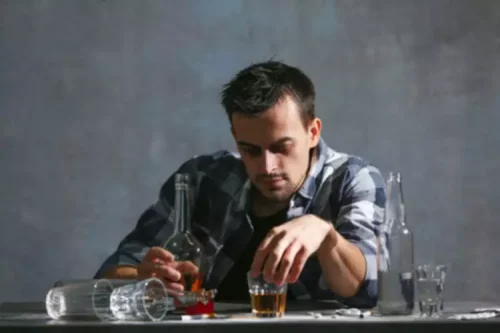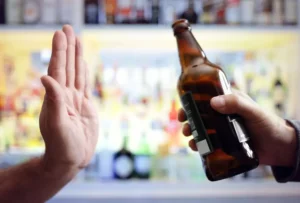Why Do I Sweat So Much When I Drink Coffee

Night sweats are often self-limiting and not a cause for medical intervention. However, drug addiction if they persist, recur, or happen alongside other symptoms, help may be necessary. It is best that people with alcohol dependency or intolerance speak with a doctor. Aayushi Gupta is a health writer with a special interest in trends related to diet, fitness, beauty and intimate health.
- Individuals may notice a more significant amount of sweat production after consuming caffeinated beverages.
- Excessive sweating (also known as hyperhidrosis) is a symptom of alcohol withdrawal that could be life-threatening.
- Whether you are looking to reduce your alcohol consumption or quit altogether, there are steps you can take.
When Drinking Habits Aren’t to Blame: Alcohol Intolerance and Night Sweats

The effect is more pronounced when alcohol is consumed in substantial amounts or over a short period, commonly referred to as binge drinking. ” is rooted in caffeine’s influence on your body’s stress response and thermoregulation. While coffee-induced sweating is common, it’s usually nothing to worry about. However, if you find excessive sweating impacts your daily life, consult a healthcare professional for personalized guidance. The amount and type of alcohol consumed play a crucial role in determining the likelihood and intensity of night sweats.

Can drinking a lot of water make you sweat more?
- Fortunately, there are new alcohol reduction options that do not require you to identify as an alcoholic, or even quit completely.
- During hot weather, they may begin to experience nausea and dizziness with dehydration in addition to sweating.
- Night sweats are different from hot flashes because they only occur while sleeping.
- Strategies such as mindfulness, cognitive behavioural therapy, or relaxation techniques can be beneficial in managing these feelings and the physical reactions that may follow.
- Furthermore, drinking more water can help reduce the effects of dehydration caused by drinking alcohol.
- This physiological activity allows the body to release heat, thereby actually lowering your body temperature.
- Gradually reducing alcohol consumption can help your body adjust and potentially reduce the occurrence of night sweats.
If you’re trying to cut back or quit drinking, it’s important to find alternative coping strategies to manage these feelings in a healthy way. This might involve learning relaxation techniques such as deep breathing or meditation, or finding physical activities that release tension and boost your mood, such as yoga or running. While night sweats are not one of the more serious symptoms of alcohol withdrawal, alcohol dependence may require additional treatment from a substance use treatment provider.
EMDR vs. Talk Therapy: Which Trauma Treatment Works Faster
When your relationship with alcohol leads to disruptive symptoms like intense night sweats, it might be time to reevaluate your drinking habits. Seeking professional assistance can seem overwhelming, but it’s often a critical move. Treatment frequently starts with a medically supervised approach to address withdrawal, particularly if your past attempts to cut back have been unsuccessful or unsafe. If these steps aren’t enough and your night sweats stem from alcohol withdrawal, consider gradually trimming your alcohol intake. Perhaps you limit the days you drink, plan more social outings without alcohol, or explore relaxation strategies to replace the “unwind with a drink” habit.

If you drink heavily sweating when drinking and often, you may sweat for no reason other than constantly trying to metabolize and rid your body of copious amounts of alcohol. Ensuring proper hydration before consuming any beverages helps maintain optimal bodily function—this includes efficient thermoregulation through effective sweat gland operation. These strategies might not eliminate sweating entirely but could reduce its intensity. Having night sweats or making yourself perspire won’t expel alcohol from your system any faster. People who wrestle with night sweats often want to know how quickly alcohol leaves their system. A person may not experience any symptoms or signs of liver damage or scarring, which people call cirrhosis, until the liver is badly damaged.

Understanding Alcohol’s Effects
If you have night sweats along with some of the following symptoms, it could be a sign that you’re going through alcohol withdrawal. If your clothing or your bedroom temperature causes you to sweat, it’s not considered night sweats. For some, especially those who’ve been heavy drinkers for a while, stopping cold turkey can have dangerous effects.
